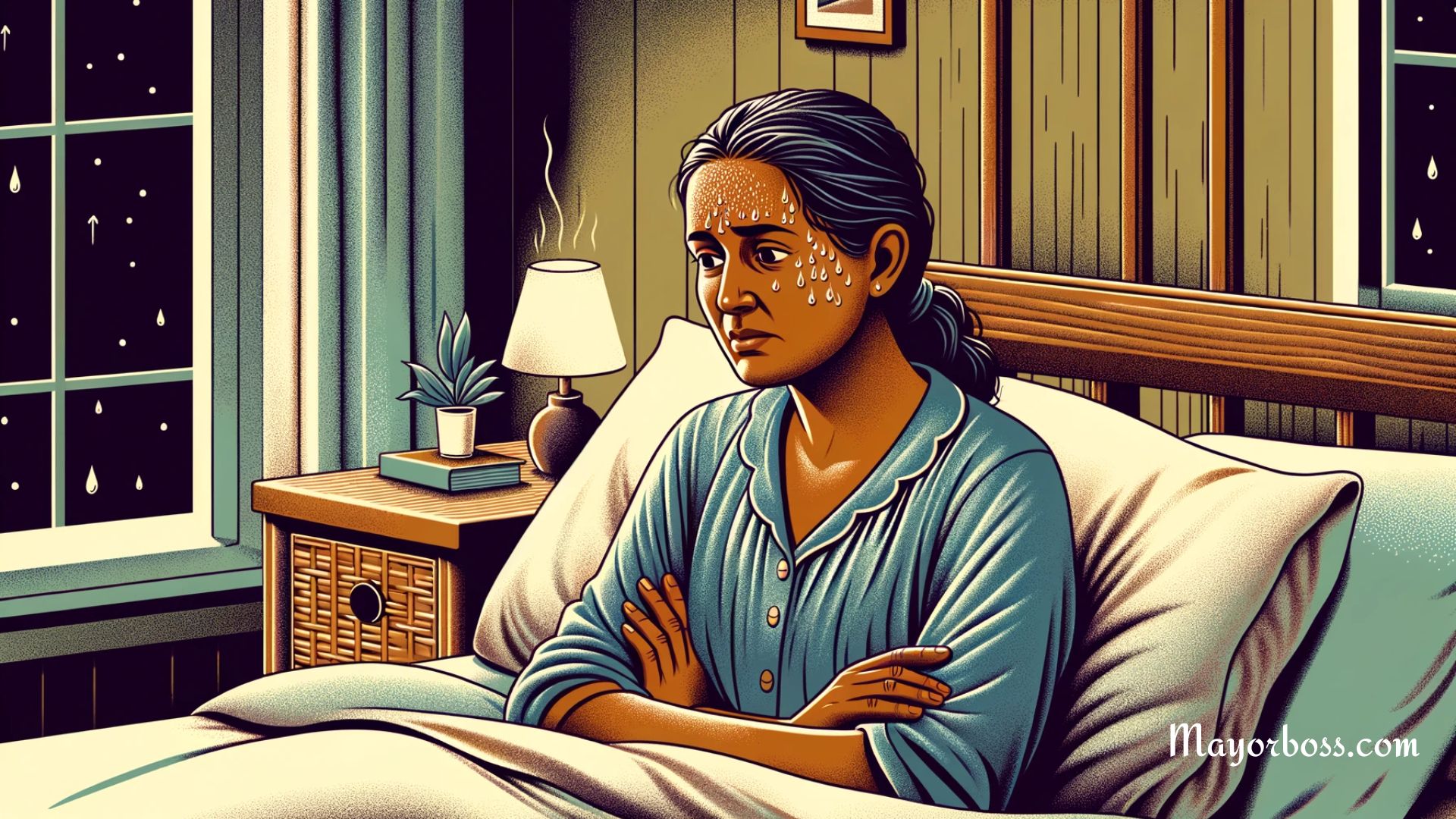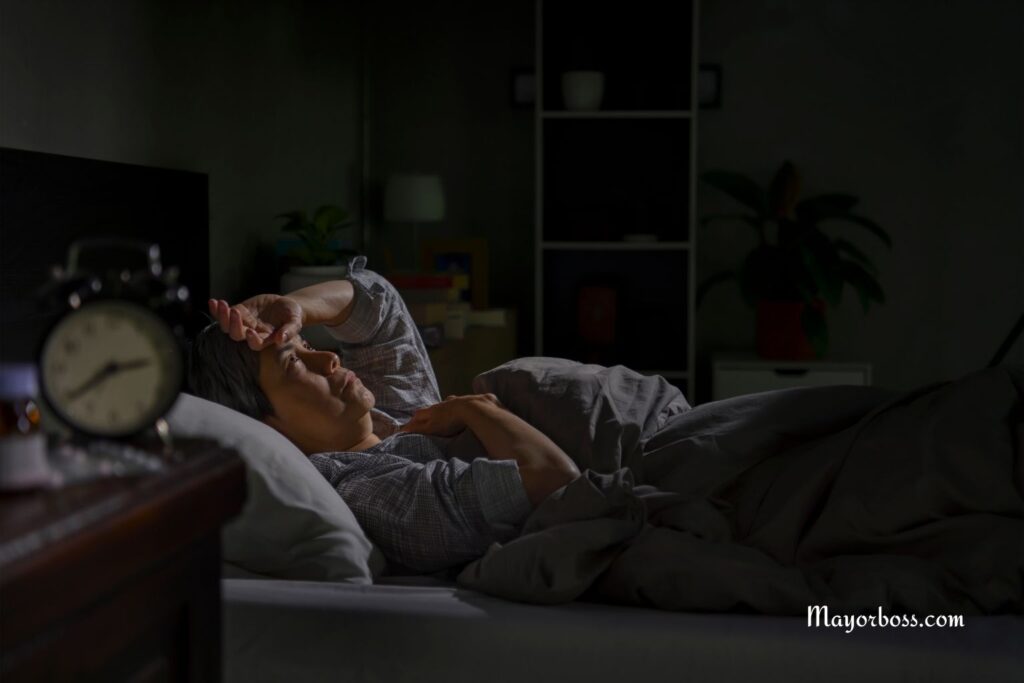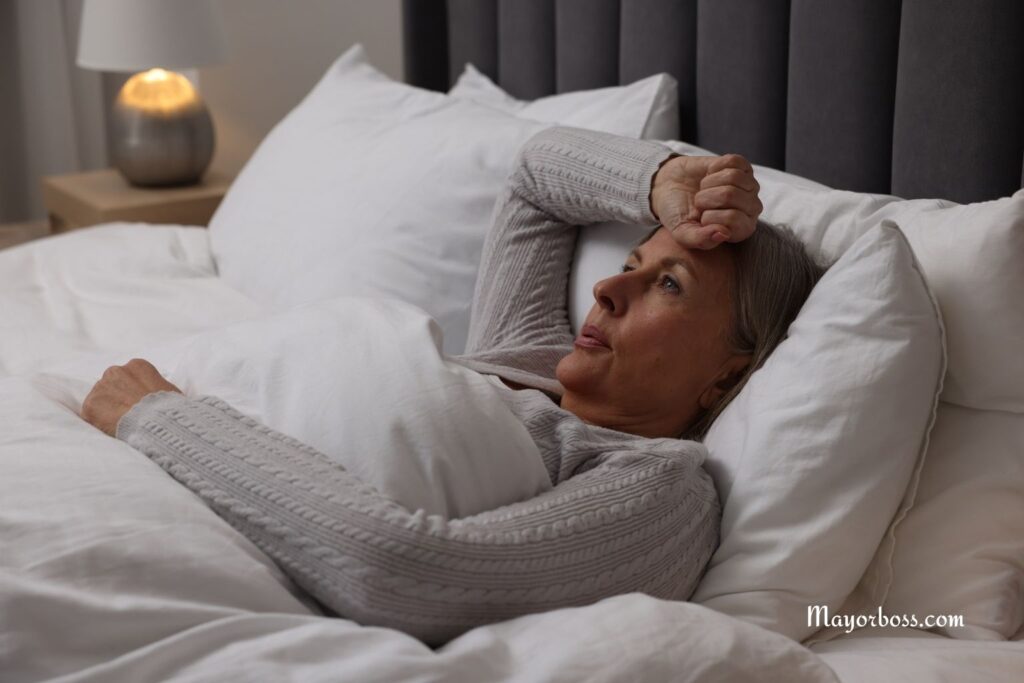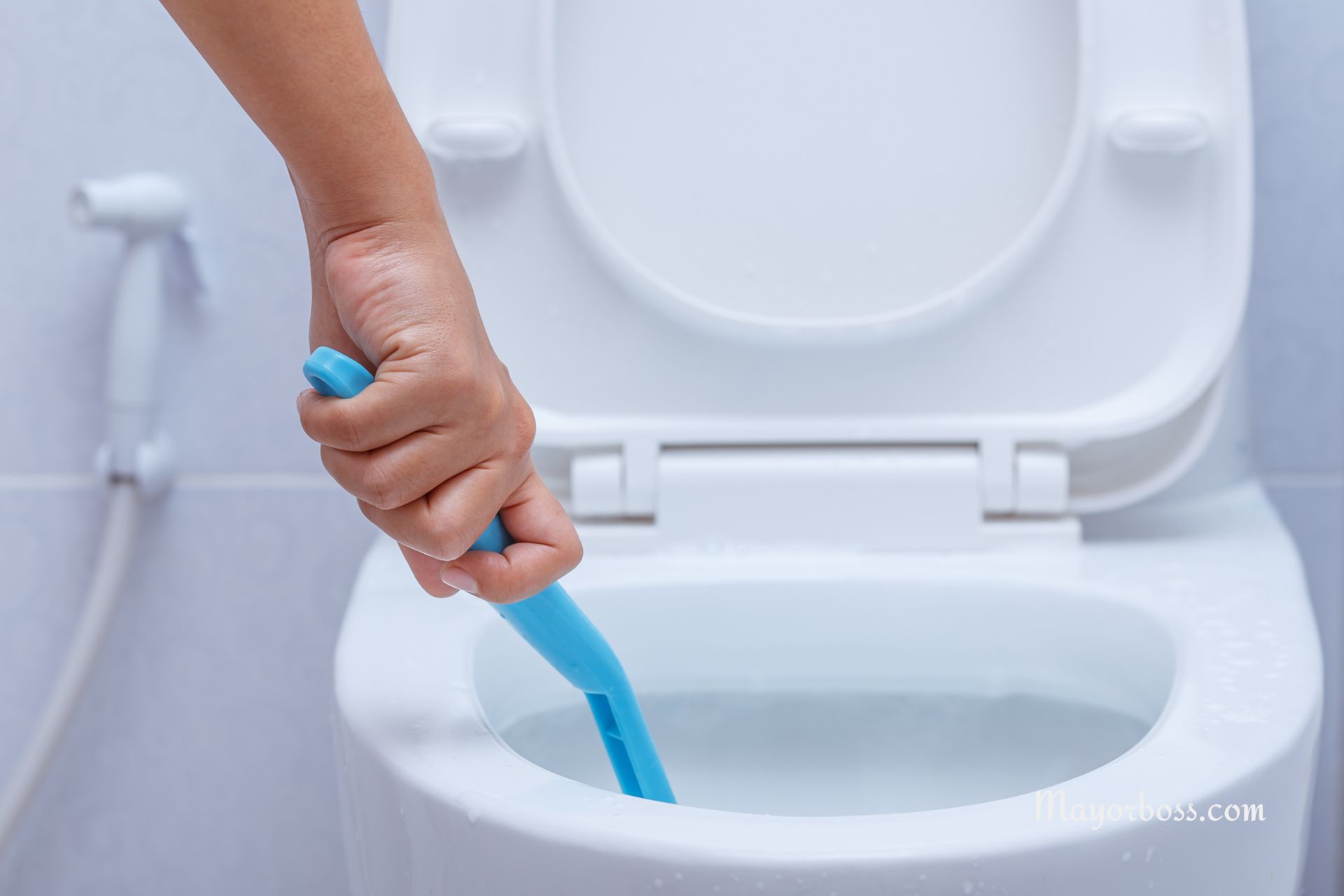What It Means When You Sweat in Your Sleep
Night sweats can be uncomfortable. It can feel scary if you wake up soaked and confused. Sweating while you sleep isn’t something you should ignore, especially if it happens a lot. Please continue reading to learn about why night sweats happen and what they could mean for your health.

Night Sweats Can Happen Because of Your Environment
Sometimes, the easiest reason for sweating at night is your environment. If your room is too warm or your blankets are too thick, your body might get too hot while you’re sleeping. Heavy blankets, high room temperatures, or tight pajamas can all make you sweat. Keeping your bedroom cool (ideally around 65°F or 18°C), wearing loose-fitting clothes, and using light sheets can help. But if you’ve tried all these things and still wake up sweating, there might be other reasons to look at.
Health Problems Could Be Causing Your Night Sweats

Sweating at night can also be caused by health problems. For example, hormone changes are a common cause. For women, menopause can cause hot flashes and night sweats because of changing hormone levels. Thyroid problems, like hyperthyroidism (a condition where your thyroid makes too many hormones), can also cause too much sweating during sleep.
Some infections can cause night sweats, too. Tuberculosis is a common example, but other bacterial infections, COVID-19 or even HIV, can also make you sweat at night. If you have other symptoms like fever, weight loss, or feeling very tired, it’s important to see a doctor to check for infections.
Medications Can Make You Sweat at Night
Another reason for night sweats is medication. Antidepressants are known to cause a lot of sweating, as noted by Mayo Clinic. Hormone therapy or some pain relievers, like aspirin, can also make you sweat at night. If you recently started a new medicine and have noticed night sweats, talk to your doctor about changing your treatment.
Stress and Anxiety Can Cause Night Sweats

Stress doesn’t just affect your mood. It affects your body too, like causing an increased heart rate or tense muscles. Psychologists say that stress can make your body’s fight-or-flight response turn on, even while you’re asleep. When your stress hormones are high, your body may try to cool down by sweating. If you’ve been under a lot of stress or have anxiety, you might sweat at night because of it. Managing your stress with relaxation exercises, exercise, or talking to a therapist might help reduce these episodes.
Night Sweats Could Be a Sign of a Serious Health Issue
Most of the time, night sweats aren’t dangerous, but sometimes they can be a sign of a serious problem. Some cancers, like lymphoma, can cause night sweats. If you also have other symptoms like swollen lymph nodes, fever, or losing weight without trying, you should see a doctor right away.
Low blood sugar (hypoglycemia) can also make you sweat at night, especially if you have diabetes. Some people with diabetes have low blood sugar at night because of their medicine, and sweating is how the body reacts.
When Should You See a Doctor About Night Sweats?
If night sweats happen rarely, it’s usually not a big deal. But if they happen often or come with other symptoms like fever, weight loss, or a cough that doesn’t go away, make an appointment with your doctor. Doctors say these could be signs of a more serious health issue that needs attention.
Night sweats can tell you a lot about your health. Whether it’s just about cooling down your room or dealing with a health problem, finding out what makes you sweat at night is important for your well-being. Talk with your doctor if you’re not sure what’s causing it, and they can help find the reason and suggest the right treatment.
Tips to Help Stop Night Sweats
- Keep Your Bedroom Cool: Keep the temperature around 65°F (18°C) for better sleep.
- Use Light Bedding: Use light and breathable sheets, like ones made from cotton or linen.
- Drink Enough Water: Sweating can make you lose water, so make sure to drink enough during the day.
- Avoid Triggers: Spicy foods, alcohol, and caffeine can make you sweat more, so avoid these before bed.
- Manage Stress: Try relaxation exercises, like deep breathing or meditation, to help lower stress before bedtime.
Frequently Asked Questions

Is sweating in your sleep normal?
Yes, light sweating at night can be completely normal. For example, if your room is too warm, your blanket is heavy, or you ate spicy food before bed, your body may naturally release heat through sweat. However, when sweating in your sleep happens often or soaks through your sheets, it may point to an underlying health problem that needs attention.
What medical conditions cause night sweats?
Several health conditions can trigger night sweats. Common causes include infections such as tuberculosis, overactive thyroid, low blood sugar, or hormonal changes. More serious causes include certain cancers like lymphoma. Because night sweats can have many explanations, it is important to seek medical advice if they persist.
Can medications cause night sweats?
Yes. Some medicines list sweating as a side effect. Antidepressants, diabetes medications, and hormone treatments are common examples. Even over-the-counter pain relievers such as aspirin or acetaminophen can sometimes trigger sweating at night. If you notice a new pattern of night sweats after starting a medication, talk with your doctor.
How do hormones affect night sweats?
Hormonal shifts are one of the most common causes of sweating during sleep. Women going through menopause often experience hot flashes and night sweats. Men with low testosterone may also notice excessive sweating at night. Because hormones play such a central role, doctors often check hormone balance when investigating night sweats.
Should I be worried if I wake up drenched in sweat?
Occasional mild sweating is usually nothing to worry about. But if you wake up soaked regularly, or if the sweating comes with fever, unexplained weight loss, or chest pain, it may be a warning sign. In these cases, a medical evaluation is strongly recommended to rule out serious conditions.
Can stress or anxiety cause night sweats?
Yes. Stress and anxiety can raise your body’s adrenaline levels, which in turn may trigger sweating even while you are asleep. People who grind their teeth at night or wake with a racing heart often find that stress is a contributing factor. Relaxation techniques, such as deep breathing before bed, may help reduce these episodes.
How can I manage night sweats at home?
Simple lifestyle changes can often reduce sweating in your sleep. Keep your bedroom cool, wear light and breathable sleepwear, and use cotton or moisture-wicking sheets. Avoid alcohol, caffeine, and spicy foods before bedtime, as they can raise body temperature. If these steps do not help, it’s best to see a doctor.
Are night sweats linked to sleep apnea?
Yes. Research shows that people with sleep apnea are more likely to experience night sweats. This is because breathing interruptions put stress on the body, raising temperature and triggering sweat. Treating sleep apnea with methods like CPAP therapy often helps reduce sweating at night.
When should I see a doctor about night sweats?
You should see a doctor if your night sweats are frequent, drench your bedding, or are accompanied by other symptoms such as fever, cough, weight loss, or swollen lymph nodes. These signs may point to an underlying medical issue that requires treatment.
Can dehydration result from night sweats?
Yes. Repeated heavy sweating at night can cause fluid loss and leave you dehydrated. This may lead to morning headaches, dry mouth, or fatigue. Drinking enough water during the day and rehydrating after waking can help restore balance.






